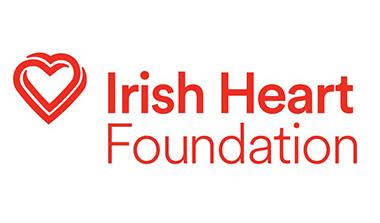Causes
A stroke happens when the blood supply to a part of your brain is cut off causing your brain cells to become damaged or destroyed.
There are two main types of stroke.
1. Ischaemic Stroke:
Over 80% of strokes are caused by a blockage of an artery supplying blood to the brain. This is known as an ischaemic stroke. It is caused by:
A blood clot that forms in a main blood vessel (artery) to the brain. This is called a cerebral thrombosis. Clots form in arteries that already have been narrowed by a condition called atherosclerosis (hardening of the arteries).
Atherosclerosis causes fatty material to build up along the inner lining of the arteries so that they become narrower and the blood flowing through them becomes more likely to clot.
Lifestyle risk factors for atherosclerosis include high cholesterol, smoking, high blood pressure, diabetes, obesity and physical inactivity.
A partial clot that may form in the heart or the blood vessels of the neck which is carried in the bloodstream to the brain and gets lodged in an artery. This is a cerebral embolism.
Blockages that occur in the tiny blood vessels deep in the brain. This is a lacunar stroke.
2. Haemorrhagic stroke:
Up to 20% of strokes are caused by a bleed into the brain from a burst blood vessel. This is called a cerebral haemorrhage and causes the more serious kind of stroke.
It is often not obvious why someone should have suffered a stroke. Even though many people believe it to be a factor, stress is not a cause of stroke.













































































